How Port and Terminal Operators Can Control Emissions?
Learn about the measures port authorities and terminal operators can undertake to reduce direct and indirect emissions.
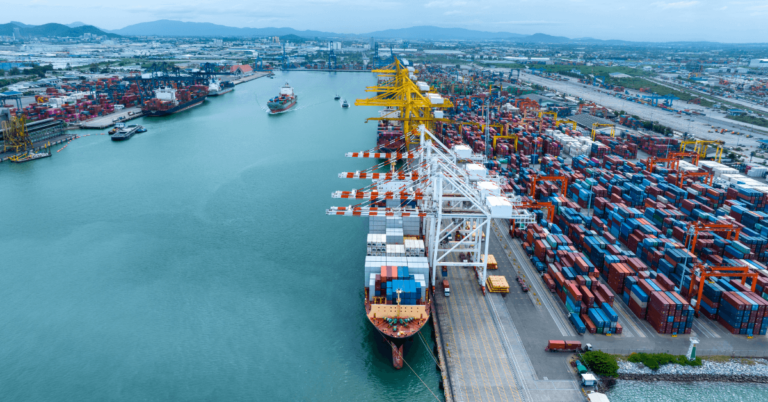
Learn about the measures port authorities and terminal operators can undertake to reduce direct and indirect emissions.
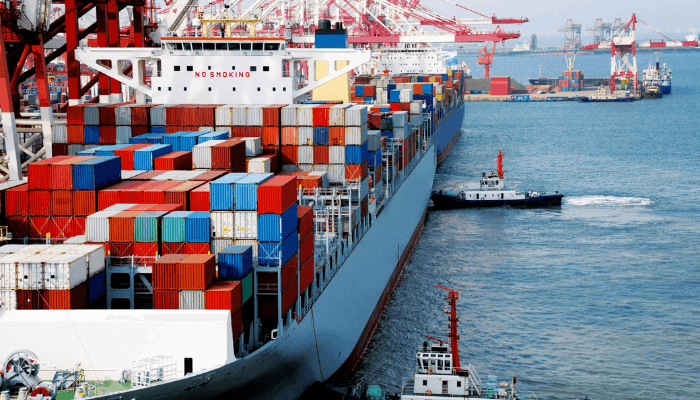
A specified quantity of cargo constitutes the shipper’s commitment to the carrier in return for competitive contract rates (which are lower than the prevailing spot rates) and is known as the Minimum Quantity Commitment (MQC). Find out more inside the article.
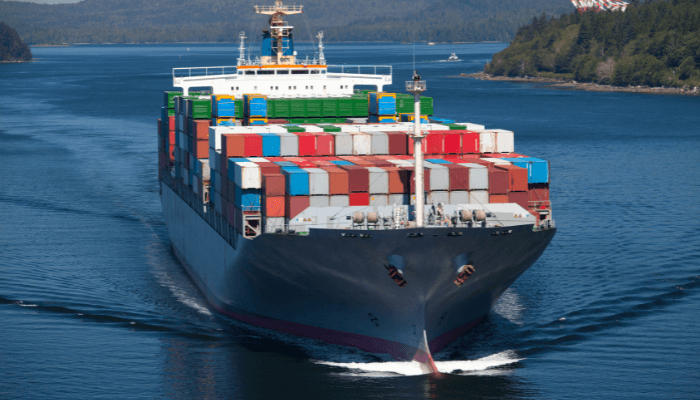
This article will explore ways through which Container carriers can counter (or at least mitigate) the debilitating impact of commoditisation of shipping services.
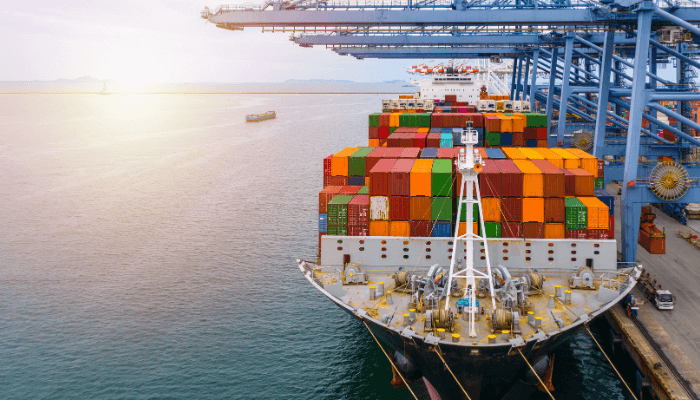
As we step into 2024, it would be worthwhile to review how 2023 was for the shipping and logistics industry to understand the underlying context, which in turn will facilitate a better appreciation of the trends and factors that are expected to influence the maritime industry in 2024.

In this article, we will delve into the implications of commoditisation for various stakeholders and the deleterious impact thereof on carriers and cargo owners.
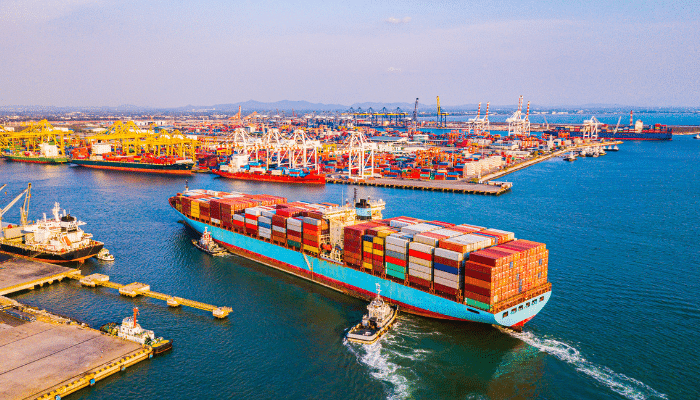
Over the past several years, in response to market conditions and the competitive environment, container shipping has gradually been commoditised. Find out the main reasons behind the commoditisation of container shipping industry.
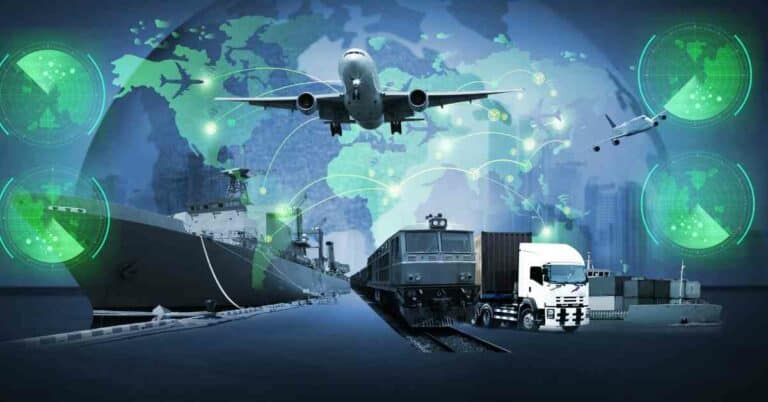
In this article, we will understand the benefits and advantages that accrue from the usage of technological solutions in the logistics and shipping industry.
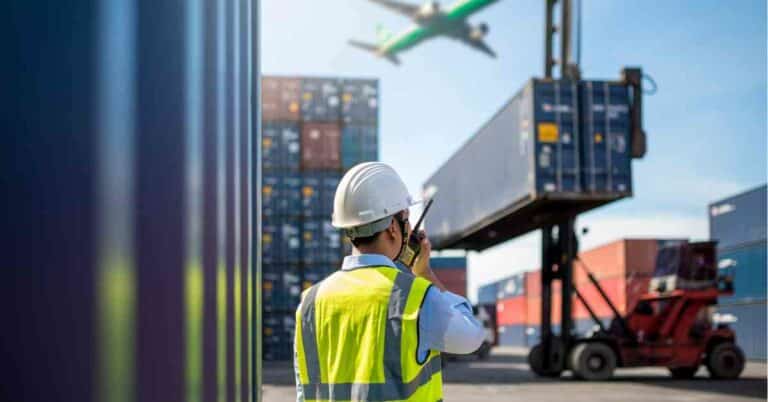
A common challenge faced by container Carriers relates to the handling and movement of empty containers. Learn how shipping lines manage empty containers to ensure optimal returns, minimise idle time, and maximise asset turnover.
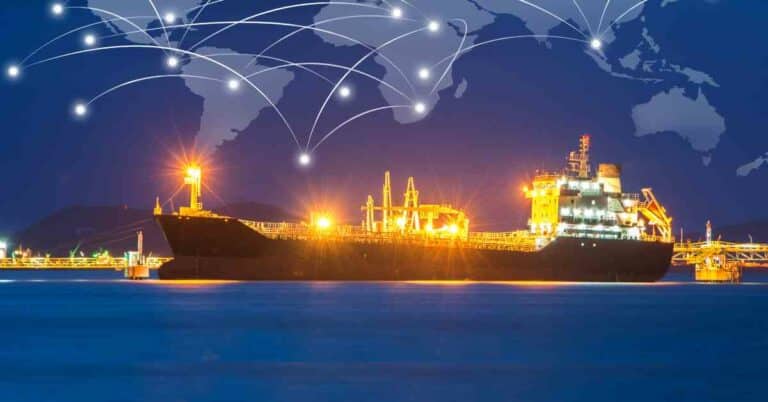
The concept of nearshoring has gained considerable popularity in logistics and supply chain circles over the past few years.
"*" indicates required fields